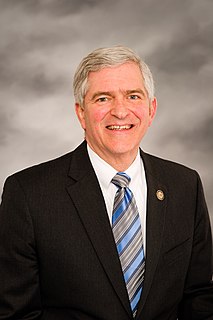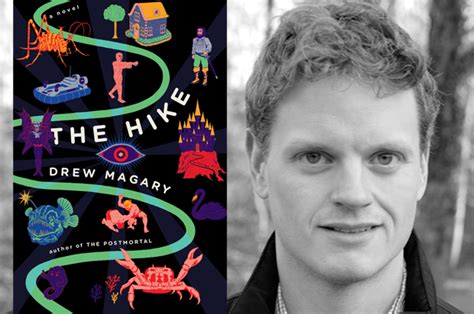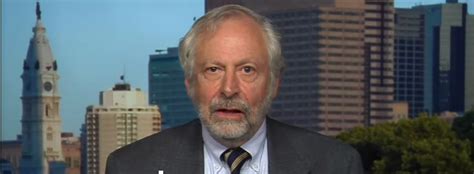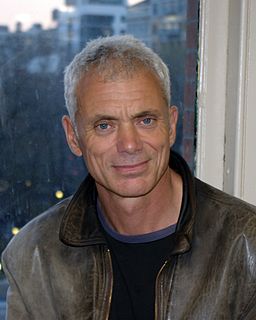A Quote by Mary Katharine Ham
I'm just worried about the unintended consequences of the laws.
Quote Topics
Related Quotes
The flow of action continually produces consequences which are unintended by actors, and these unintended consequences also may form unacknowledged conditions of actions in a feedback fashion. Human history is created by intentional activities but is not an intended project; it persistently eludes efforts to bring it under conscious direction.
You become a parent, and your whole life becomes about worrying. You just worry constantly whether they'll be okay. And the idea that I'll be worried forever about them and what they do...I almost have a panic attack when I think about it. I'm worried, and I'm worried about having to worry so goddamn much.
In terms intellectually, [what] shaped my life was the whole Munich thing [the Munich Agreement] that I knew about all my life, in terms of how large powers make decisions that affect small countries, and the unintended consequences of that. The other part is I knew about the Holocaust. l just didn't know that it applied to my family. But that did affect the way I thought about what I was seeing as ethnic cleansing in the Balkans; there's no question about that.
One of the big changes in politics has been because families, individuals, have felt worried, insecure... worried about the economy, worried about their jobs, worried about their kids' futures... actually the disconnect between the public and media discourse and people's everyday concerns has become bigger not smaller.
I know that sometimes when you are really worried about something, it ends up not being nearly as bad as you think it will be, and you get to be relieved that you were just being silly, worrying so much over nothing. But sometimes it is just the opposite. It can happen that whatever you are worried about will be even worse than you could have possibly imagined, and you find that you were right to be worried, and even that, maybe, you weren't worried enough.
































